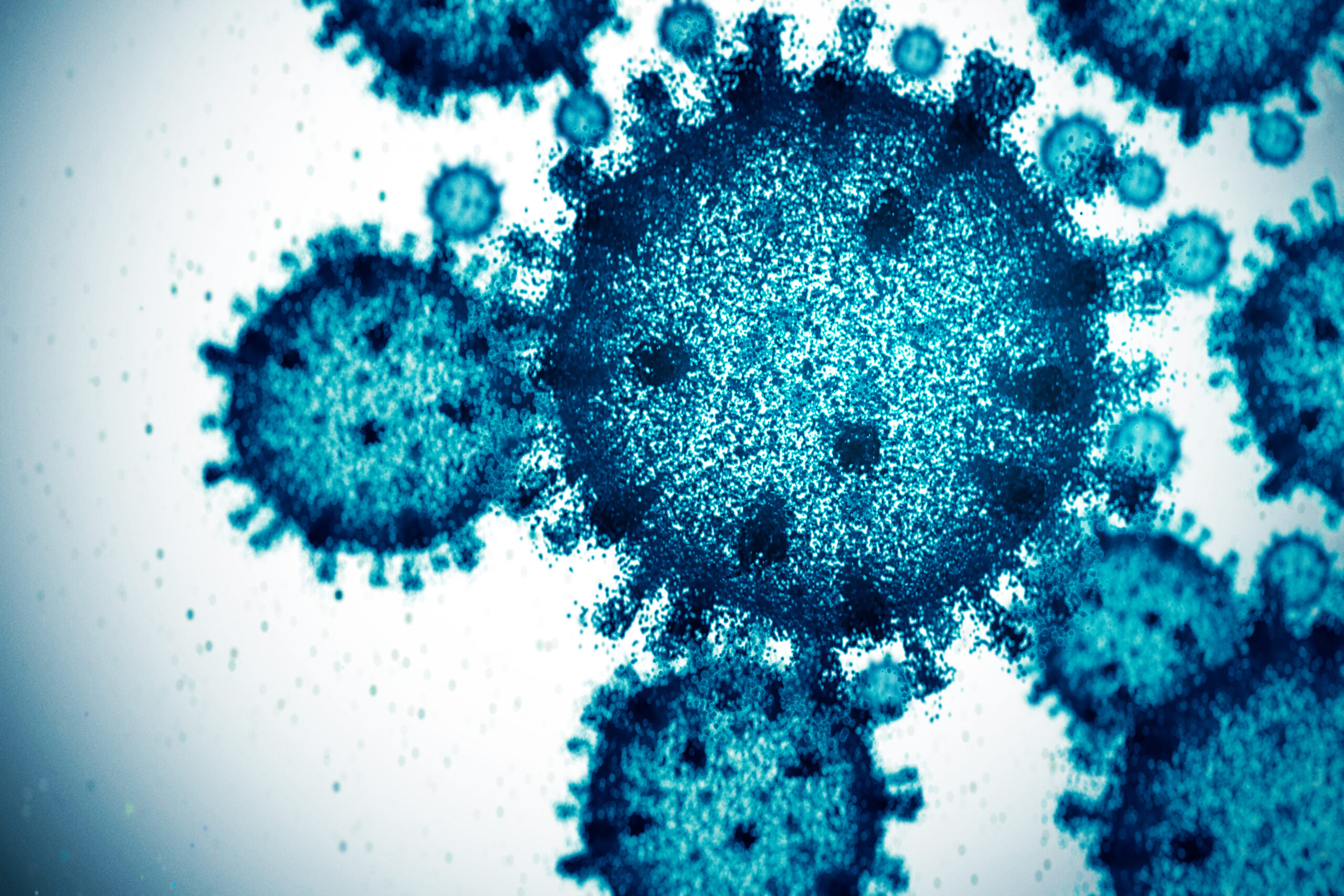Dr. Robert Redfield, who served as the CDC director under President Donald Trump, has stirred controversy by suggesting that COVID-19 could have originated in a North Carolina laboratory as part of a secret biodefense program. His claims, made during a recent appearance on the Third Opinion podcast, have reignited debates about the origins of the virus.
From Wuhan to Chapel Hill: A New Theory
Redfield, a long-time proponent of the “lab leak” theory that points to the Wuhan Institute of Virology in China, now speculates that the virus may instead have been engineered in Chapel Hill, North Carolina, home to the University of North Carolina. He called COVID-19 “intentionally engineered as part of a biodefense program” and suggested the U.S. played a substantial role in its development.
Redfield singled out Dr. Ralph Baric, a prominent researcher at UNC, calling him the “scientific mastermind” behind the virus. While he admitted he could not definitively prove Baric’s involvement, he said, “I think he probably helped create some of the original viral lines, but I can’t prove that.”
Reassessing China’s Role
Contrary to widely held assumptions, Redfield argued that China may not have created the virus, adding that they “did the best they could once they realized they had a problem.” He emphasized that American institutions, including the NIH, USAID, and the Department of Defense, were heavily involved in funding research that may have contributed to COVID-19’s development.
When asked if China was wrongfully accused of creating the virus, Redfield doubled down, suggesting its origins might indeed lie in the United States. “There’s a real possibility that the virus’s birthplace was Chapel Hill,” he stated.
A Heated Debate
Redfield’s comments have reignited the contentious discussion about the origins of COVID-19. For years, the “lab leak” hypothesis faced intense scrutiny and dismissal as a fringe conspiracy theory, especially after former President Donald Trump endorsed it during his administration. However, emerging evidence, including reports of Wuhan lab workers falling ill with COVID-like symptoms in November 2019, has led to a reevaluation among skeptics.
Critics of Dr. Anthony Fauci, including Redfield, have accused him of clinging to the natural origin theory, which posits the virus evolved from animal-to-human transmission. Redfield likened Fauci to a “dog with a bone” for his refusal to consider alternative explanations.
Failures in Early Response
Redfield also criticized the early handling of the pandemic, calling it a “critical error” to equate COVID-19 with SARS. “By calling it SARS-like, we mounted a public health response that was mirrored off SARS. The problem is, COVID is nothing like SARS,” he said, describing the initial response as fundamentally flawed.
He further lamented the lack of transparency within the scientific community during the early stages of the pandemic, saying he was “disappointed” by the reluctance to investigate both the natural and lab-origin theories.
World Health Organization Under Fire
Redfield reiterated his criticism of the World Health Organization (WHO), accusing it of being “highly compromised” by China during the early days of the outbreak. “They were incapable of compelling China to adhere to the treaty agreements they have on global health,” he argued, suggesting the WHO failed to ensure an unbiased investigation into the virus’s origins.
Implications of Redfield’s Claims
Redfield’s assertions add a new layer of complexity to the ongoing investigation into COVID-19’s origins. While his claims about a U.S. role in the virus’s development remain unverified, they raise questions about the transparency of research funding and biodefense programs. Calls for further investigation into the involvement of American institutions, such as UNC, are likely to intensify as debates about the origins of COVID-19 continue to evolve.
